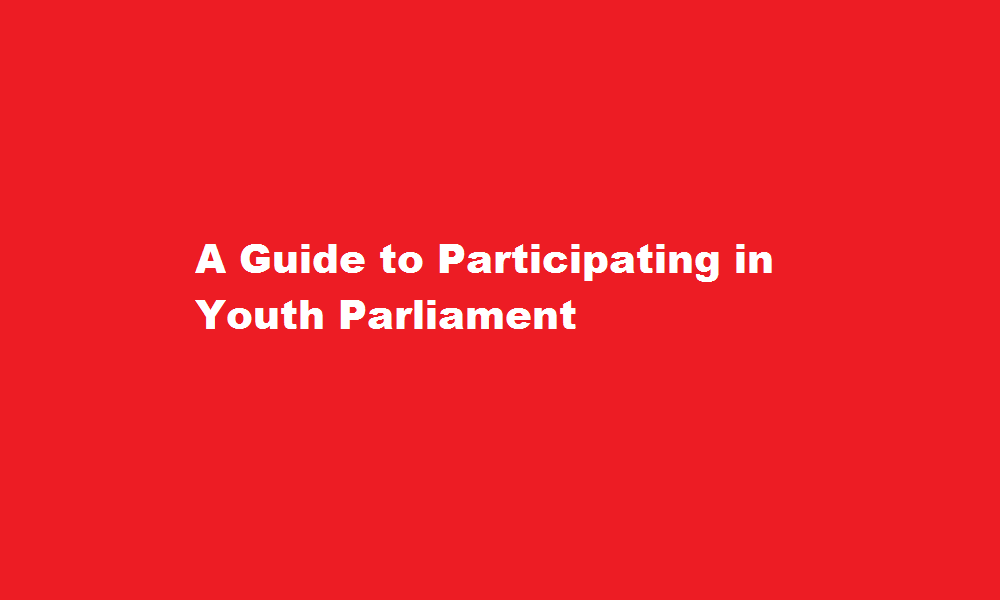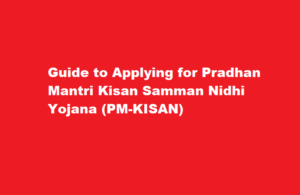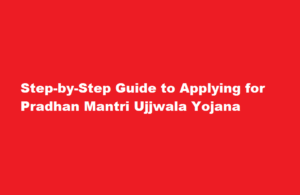A Guide to Participating in Youth Parliament
4 min read
Introduction
Youth parliaments serve as platforms for young individuals to express their opinions, develop leadership skills, and advocate for change. Participating in a youth parliament offers valuable opportunities for personal growth, understanding democratic processes, and making a positive impact. In this article, we will explore the essential steps to engage in a youth parliament effectively, empowering young people to contribute to meaningful discussions and shape the future.
Research and Familiarize Yourself
Before engaging in a youth parliament, take the time to research the organization or institution hosting it. Understand their goals, values, and the specific issues they address. Study the rules and procedures governing the youth parliament to ensure you comply with them. Familiarize yourself with the parliament’s structure, such as its committees, working groups, and decision-making processes. By obtaining this knowledge, you will be better equipped to participate actively and contribute constructively.
Identify Your Interests and Goals
Reflect on the areas that ignite your passion or concern. Determine the key issues you wish to address within the youth parliament. This could range from education, climate change, mental health, or any other topic that resonates with you. By identifying your interests, you can focus your efforts and make a more substantial impact. Set clear goals for yourself, such as promoting awareness, proposing policies, or initiating grassroots campaigns. Defining your objectives will help guide your participation and give you a sense of purpose.
Seek Opportunities for Engagement
Engage with local community organizations, schools, or youth-led initiatives to find opportunities for involvement in youth parliaments. Attend informational sessions, workshops, or networking events related to the youth parliament you wish to join. Connect with current or former participants to gain insights and advice on the process. Utilize social media platforms and online forums to discover relevant organizations and engage in discussions surrounding youth empowerment and civic participation. Actively seeking opportunities will expand your network and increase your chances of participating in a youth parliament.
Develop Key Skills
To be an effective participant in a youth parliament, it is crucial to develop certain skills. Communication, critical thinking, teamwork, and public speaking are essential abilities to possess. Practice expressing your ideas clearly and concisely, and learn to listen actively and respectfully to others. Enhance your research and analytical skills to strengthen your arguments and proposals. Seek opportunities to engage in debates, model United Nations simulations, or public speaking competitions to hone your skills. By constantly improving these abilities, you will become a more influential and impactful participant in youth parliaments.
Actively Participate
Once you have successfully joined a youth parliament, make the most of your experience by actively participating. Attend all meetings, sessions, and events organized by the parliament. Engage in debates, contribute to discussions, and collaborate with fellow participants. Take advantage of leadership roles, such as chairing committees or leading working groups. Embrace opportunities to propose resolutions, draft policies, and organize awareness campaigns. Remember to remain respectful and considerate of diverse opinions while advocating for your beliefs. Active participation is key to making a meaningful difference within the youth parliament.
FREQUENTLY ASKED QUESTIONS
What questions can be asked in the Youth Parliament?
In Youth Parliament, students can also ask questions about their school activities and their own problems. For purposes of answering questions in Parliament, the Ministries of the Government of India have been divided into 5 groups representing the five days in the week when Parliament sits.
How can I participate in the National Youth Parliament?
All the schools/institutions can register themselves through the Aadhar credential of the principal/head/register/dean as may be prescribed from time to time. The duration for sitting in parliament will be 1 hour.
Which is the first Youth Parliament in India?
The first Youth Parliament Competition was held in 1966-67. Since then every year competitions are held and various prizes are awarded to the schools of Delhi. In 1978, the ‘Youth Parliament’ scheme was extended to selected Kendriya Vidyalayas situated in and around Delhi.
Conclusion
Participating in a youth parliament provides a unique platform for young individuals to voice their concerns, drive change, and develop as leaders. By researching and familiarizing yourself with the youth parliament, identifying your interests and goals, seeking engagement opportunities, developing key skills, and actively participating, you can make a significant impact. Embrace this opportunity to collaborate with like-minded individuals, learn about democratic processes, and contribute to shaping a better future. Together, the youth can play an active role in decision-making processes, promoting positive change, and fostering a more inclusive society.
Read Also : Mastering The Art of Paraphrasing A Comprehensive Guide






